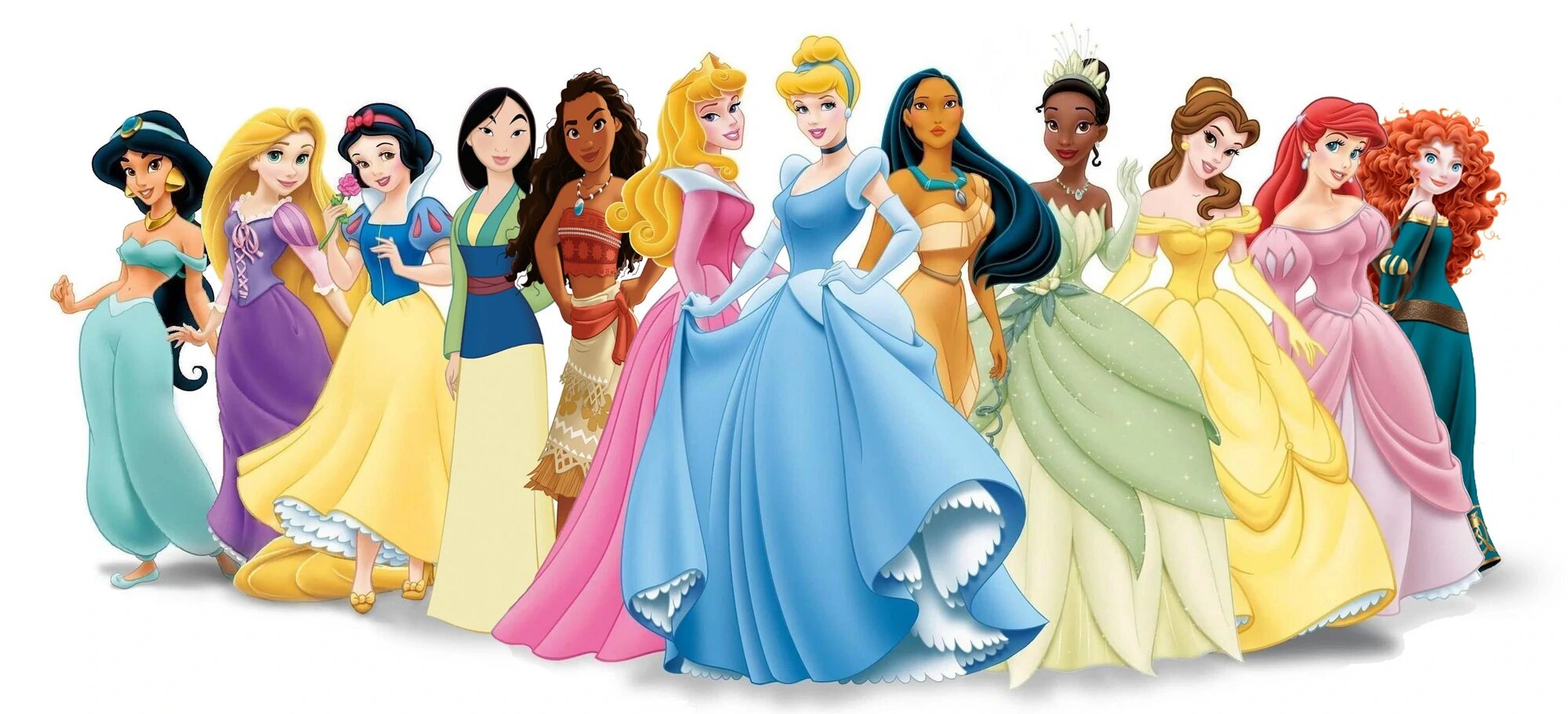This week, Disney announced their former CEO, Bob Iger, would return less than a year into retirement.
One of the most successful CEOs in the history of Disney, Iger has been called upon to clean things up. Under the direction of now former CEO Bob Chapek, Disney’s stock plummeted more than 40% in the last year, losing a third of its value. But why? What has happened to Disney, one of the best-known motion-picture production companies, and multi-media powerhouses? Let’s look at the past year.
Under Chapek’s leadership, Disney has continued to face negative backlash in the media for becoming too “woke.” In 2021, when Florida issued its law banning the teaching of sex-ed to children from grades Kindergarten to third grade, Disney was there to join the mob and voice their fury. Parents, outraged at the thought of their children being taught anything sexual at such a young age, joined forces to cancel and speak out against the company’s decision.
Governor Ron DeSantis (R) publicly went to bat against the media giant and ultimately signed a bill that dissolved Disney’s “independent special district,” making them less autonomous as of next year. Another win for DeSantis, as he stuck to his word to punish the company for taking such an active stance on social and education issues.
Disney owns other entities such as ABC’s The View, the long-running daytime talk show that continuously makes headlines for its inappropriate, oftentimes racially-charged comments. Countless apologies have been made from its hosts for taking things too far. From mocking nurses, the Jewish community, Republican women, Republicans in general and much more. Many have watched these far-left women speak inappropriately and handle themselves in a manner that is not only ill-suited, but also unprofessional.
Instances like this are another strike against the Disney trademark.
Many times, we watch these eyesores occur from afar. But, it can make its way into our backyards if they go unchecked.
At Long Island University’s Tiles Center in Brookville on Sunday, November 20, the theater put on its “Disney Princesses” concert, sponsored by Pandora. The event, targeting children ages 5 and up, called for four Disney princesses to take the stage and sing famous numbers originally performed by the Disney princesses in their respective movies. While the real-life actresses sang in full princess garb, the cartoon version played in the background on an enormous big-screen, setting the mood for a magical experience.
What could possibly go wrong?
Before the princesses came out, the audience was introduced to Ben – the “Fairy Godfairy.” Instead of introducing the princesses, Ben took a moment to tell the audience of his past, while a montage of him played in the background as a little boy.
Here, Ben told the children how he was “different” growing up, and how he “wasn’t accepted” by the other little boys. He told the audience how he liked dolls, and how he liked princesses, and how that was OK.
Then, the four princesses took the stage. In a moment of “girl talk,” they each described what attracted them to a man/prince. References were made to an “enticing jawline” and “big shoulders” as muscles were made. The term “take me” was also used.
Our next example lies in the introduction of the song, “Mother Knows Best.” Our selected princess goes on to tell the young audience, “I would love to sing a song about moms, but Cinderella’s mom is dead, Jasmine’s mom is dead, Ariel’s mom is dead, Belle’s mom is dead,” and continued down the roster until ending her thought with, “and not only is Elsa and Anna’s mother dead, but their dad is dead too.”
Was any of this appropriate or necessary?
Disney was founded and built upon catering to innocent children. They have long touted a seamless ability to instill magic within children and adults alike, and in the purest of forms.
What about Ben’s sexuality, the princesses’ sexual desires or the callous disregard of parentless children in attendance speaks to the preservation of innocence? Somewhere along the line, Disney surrendered its compassion in favor of “wokeness.”
Hopefully, with Iger reinstated as CEO, he can bring the company back in lockstep with its undying mission statement. They surely do need to invoke change— from the top of the California theme park castle all the way down to the Long Island-local stages featuring Disney princesses who hold more power than they may realize.





